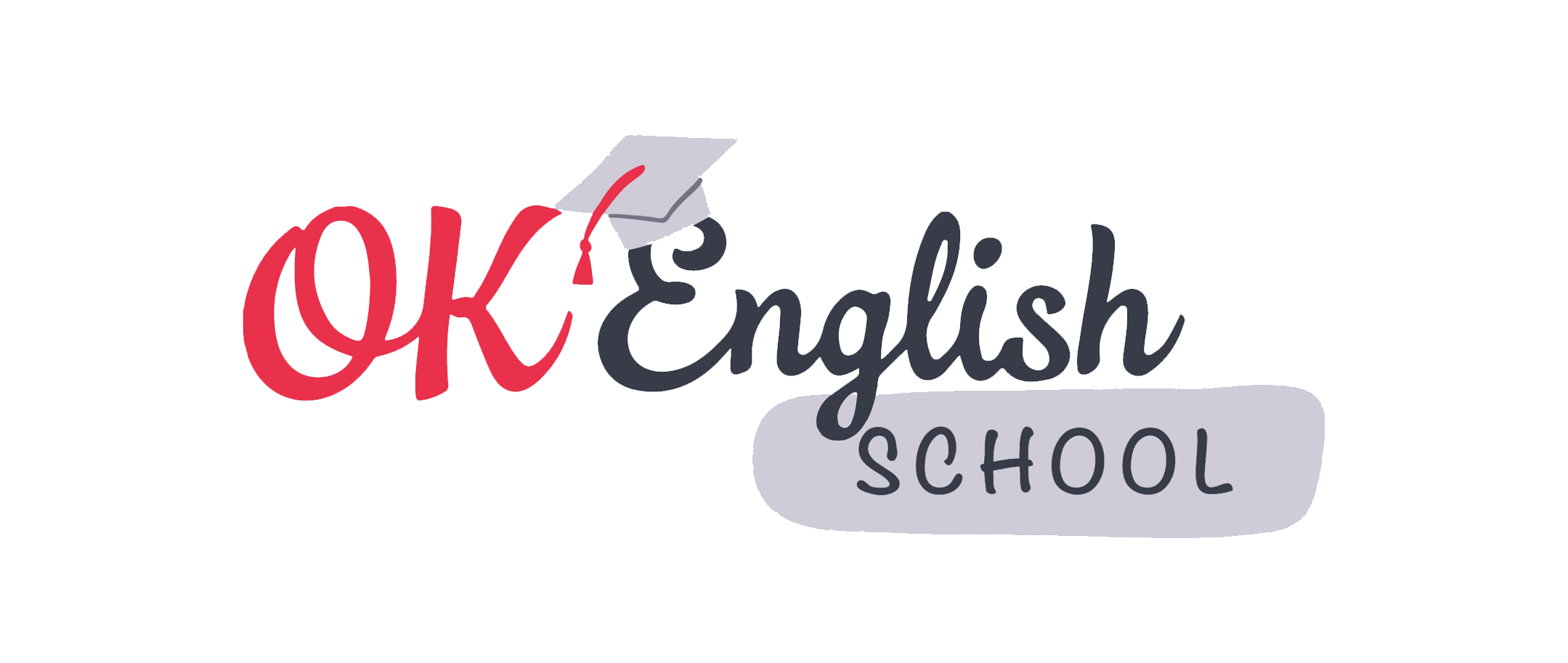Read the situations and complete the sentences using will (‘ll) or going to.
EXAMPLE:
You and a friend come home very late. Other people in the house are asleep. Your friend is noisy. You: Shhh! Don’t make so much noise. *** everybody up. (you/wake) (going to is possible but don’t use it)
ANSWER:
you’ll wake
Use short forms! (I’ll, you’ll …)
Correct:
Incorrect:

The phone rings and you answer. Somebody wants to speak to Jim. CALLER: Hello. Can I speak to Jim, please? YOU: Just a moment. I’ll get him. (I/get)
It’s a nice day. You’ve decided to sit in the garden. Before going outside, you tell your friend. YOU: The weather’s too nice to stay indoors. I’m going to sit in the garden. (I/sit) FRIEND: That’s a good idea. I think I’ll join you. (I/join)
Your friend is worried because she has lost an important letter. YOU: Don’t worry about the letter. I’m sure You’ll find it. (you/find) FRIEND: I hope so.
There was a job advertised in the paper recently. At first you were interested but then you decided not to apply. FRIEND: Have you decided what to do about that job that was advertised? YOU: Yes, I’m not going to apply for it. (I/not)
You and a friend come home very late. Other people in the house are asleep. Your friend is noisy. You: Shhh! Don’t make so much noise. You’ll wake everybody up. (you/wake) (going to is possible but don’t use it)
John has to go to the airport to catch a plane tomorrow morning. JOHN: Ann, I need somebody to take me to the airport tomorrow morning. ANN: That’s no problem. I’ll take you. (I/take; short form!) What time is your flight?

